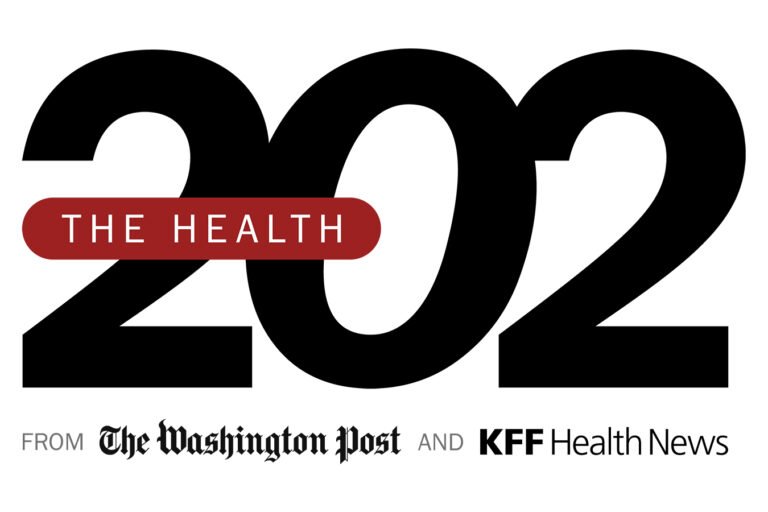The Biden administration has hit on a technique to take care of the large, industry-paralyzing cyberattack on a UnitedHealth Group unit: pressuring insurers to repair it.
Federal officers have been in fixed dialog with senior leaders at UnitedHealth and throughout the {industry}, together with at a Monday assembly the place Division of Well being and Human Companies and White Home officers once more pressed UnitedHealth to be extra clear about its timeline for restoring providers.
Many insurers have dedicated to “making accelerated or advance funds,” an HHS official instructed reporters on a media name after yesterday’s assembly, declining to specify which plans had executed so. The plans have additionally dedicated to creating interim funds to Medicaid suppliers, a second official added, in addition to offering different assist, together with fee for pending claims, loans and help switching to different digital clearinghouses when wanted.
“Now we have seen important enchancment between final week and this week,” a 3rd official instructed reporters, however “we’ve got a final mile to go — we’re nonetheless listening to from small, rural safety-net suppliers who want money help.”
UnitedHealth’s Change Healthcare remains to be struggling to get well from a ransomware assault by hackers believed to be a part of a Russia-based group referred to as ALPHV, or Blackcat. Change, little identified outdoors the health-care {industry}, processes billions of transactions a 12 months on behalf of hospitals, doctor practices, pharmacies and the insurers that pay them.
Each UnitedHealth and the federal authorities have come underneath hearth from health-care suppliers and lawmakers for being unprepared for the assault and too gradual to reply.
“Neither UnitedHealth Group nor federal businesses have been ready for the assault on Change Healthcare and its fallout,” Senate Finance Committee Chairman Ron Wyden, an Oregon Democrat, stated final Thursday.
The byzantine construction of the U.S. health-care system has created obstacles for regulators to navigate as they assist the {industry} get well. For instance, stated Chip Kahn, president of the Federation of American Hospitals, which represents for-profit hospitals: As a result of hospitals and medical doctors obtain many funds from industrial insurers working Medicare Benefit plans, over which HHS has restricted authority, the company can’t essentially drive these payers to make the suppliers complete.
As a substitute, the administration is making use of public strain — together with a tense White House meeting with UnitedHealth CEO Andrew Witty and other insurers final week. (HHS’ Workplace for Civil Rights, which enforces among the company’s privateness and safety laws, has additionally introduced an investigation of the hack.)
HHS has “taken the actions they will, throughout the constraints of the legislation,” Kahn stated in an interview.
Accelerated funds from Medicare can also make a distinction. Brad van Pelt, president of the Palm Seashore Institute of Sports activities Medication, a bodily remedy group in South Florida, instructed me these sufferers are about half his caseload.
The funds “will make us slightly bit complete,” he stated, although he took out a mortgage on Monday to cowl payroll. The federal cash hadn’t but arrived.
Longer-term, HHS has signaled it wants necessary cybersecurity requirements imposed via Medicare and Medicaid. That’s not fashionable with hospitals.
“The difficulty with penalties is that on the finish of the day, you might penalize establishments which might be mission-critical to a group,” Kahn stated.
Wyden floated his personal extra populist approaches on Thursday. Well being-care corporations, he argued, have develop into too giant.
A federal choose appointed by then-President Donald Trump ruled in September 2022 that UnitedHealth’s $13 billion acquisition of Change might proceed over the Biden administration’s opposition.
“Negligent CEOs” needs to be held accountable for the mess, Wyden stated.
The Washington Put up’s Dan Diamond contributed to this report.
This text isn’t obtainable for syndication as a result of republishing restrictions. When you have questions in regards to the availability of this or different content material for republication, please contact NewsWeb@kff.org.

